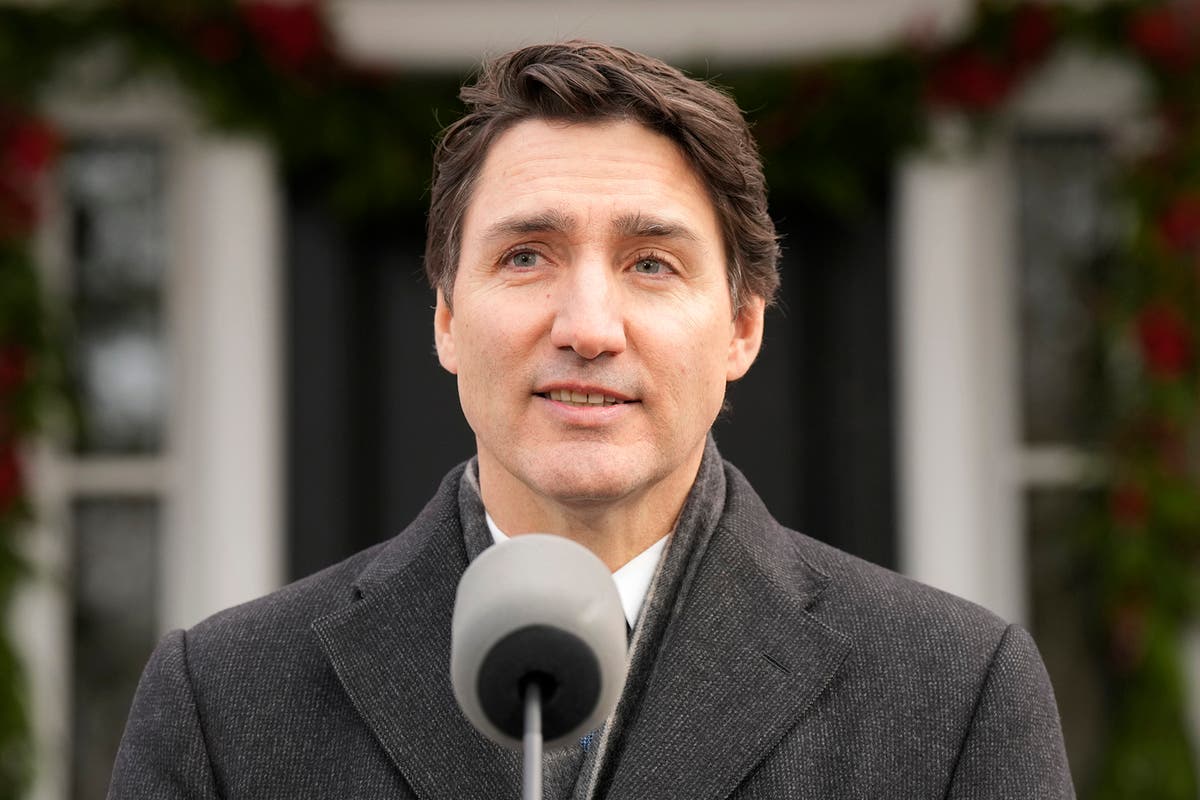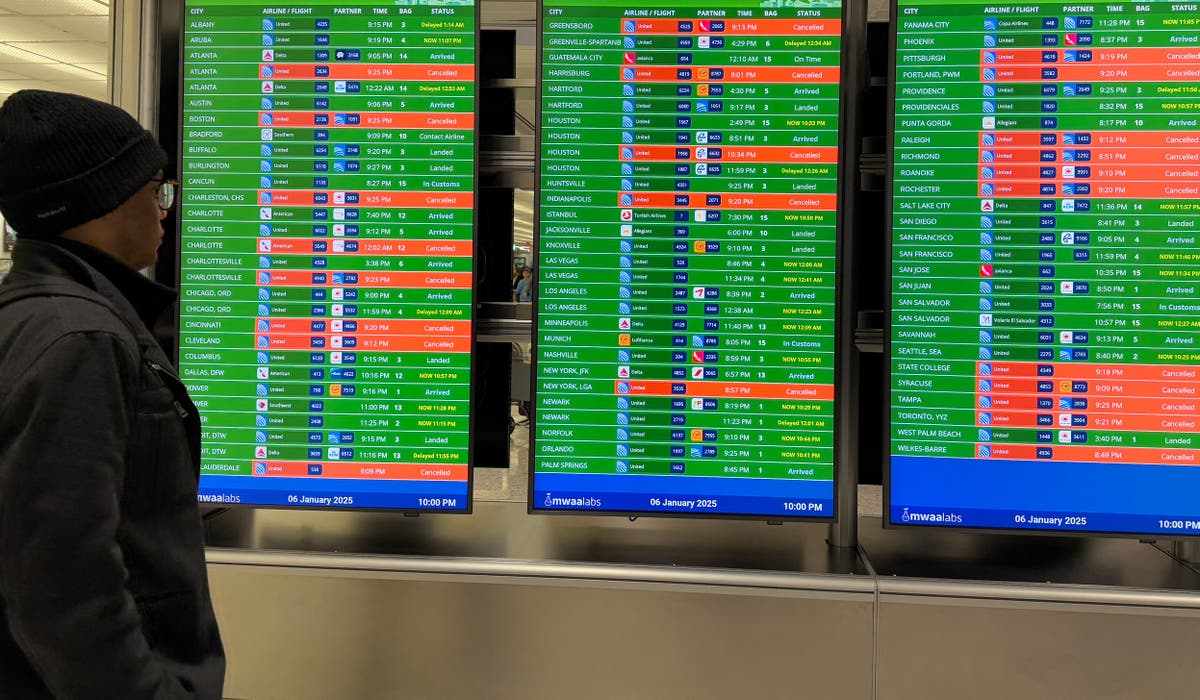Canadian Prime Minister Justin Trudeau announced his resignation on Monday, stepping down after nearly a decade in office. The move follows mounting pressure from within his own Liberal Party, fueled by the cost-of-living crisis and concerns over potential economic repercussions from US trade policies.
Trudeau's resignation marks a significant chapter in Canadian politics, setting the stage for a leadership contest within the Liberal Party. He will remain Prime Minister until a new leader is selected.
The contest is expected to be fierce, with several potential candidates vying for the position. Chrystia Freeland, the former deputy prime minister, is among the prominent names mentioned. Other possible contenders include Anita Anand, François-Philippe Champagne, Mélanie Joly, Sean Fraser, Mark Carney, Christy Clark, and Dominic LeBlanc.
The Liberal Party has set a March 24 deadline for selecting a new leader, though Trudeau has requested a temporary suspension of Parliament to facilitate the process. Given the close proximity to federal elections, opposition parties are preparing to hold a non-confidence vote upon Parliament's return. A successful vote could trigger an early election.
Trudeau cited internal disagreements as a key factor in his decision. Recent resignations, including that of Deputy Prime Minister Chrystia Freeland, contributed to the pressure he faced. The potential imposition of a 25% tariff by President Trump on Canadian goods further heightened tensions.
The Liberal Party's national board will meet this month to set the specifics of the leadership contest, ensuring a smooth transition of power. The potential for an early election, triggered by a non-confidence vote, underscores the crucial political moment Canada is currently experiencing.







